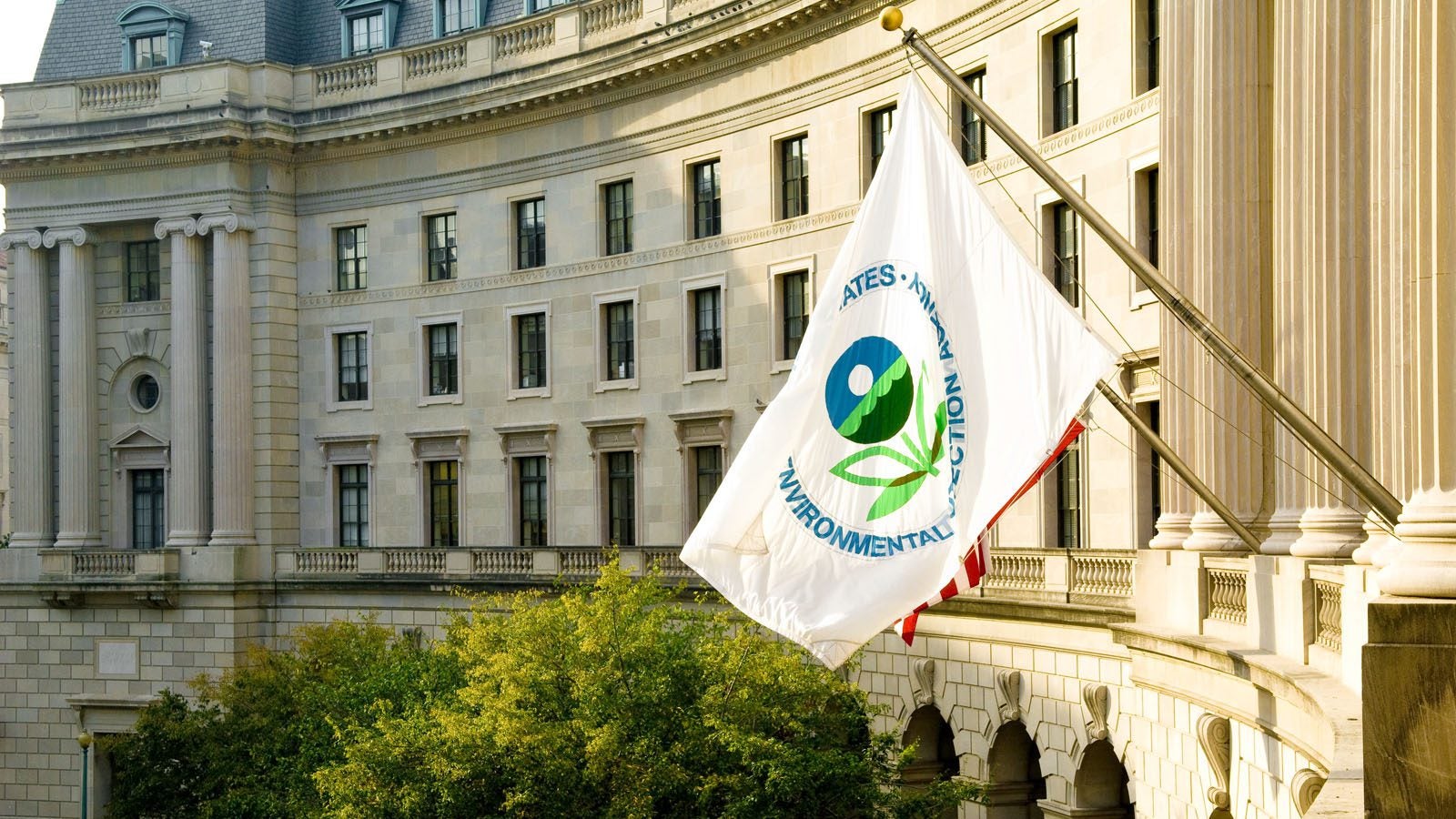The Trump administration may get away with violating scientific integrity policy. But it’s not immune to whistleblowers
The Trump administration plans to vet science coming out of the US Environmental Protection Agency before it can be released to the public, including data on climate change, the Associated Press reported Wednesday.


The Trump administration plans to vet science coming out of the US Environmental Protection Agency before it can be released to the public, including data on climate change, the Associated Press reported Wednesday.
“Everything is subject to review,” Doug Ericksen, a spokesperson for Trump’s EPA transition team, told the AP.
Members of the Trump administration—though it is not clear who—are reviewing existing scientific papers and data produced by EPA scientists, to decide what can be released to the public. Erickson initially told the AP that all new research would be scrutinized as well, but later walked back that statement to say the new research was on “temporary hold” along with new press releases, which have been blocked since Monday. It is not clear if the Trump administration will alter or edit existing science before re-releasing it.
This may be in violation of the EPA’s own scientific integrity policy, in place since 2012, which admonishes political tampering of any kind. “To operate an effective science and regulatory agency like the EPA, it is also essential that political or other officials not suppress or alter scientific findings,” the policy reads.
But this policy effectively has no teeth; there are no clear legal consequences of violating it, FiveThirtyEight points out. Scientific integrity policies—now in place at 26 federal agencies—“can be ignored; they can be removed by the administration or by an agency,” Andrew Rosenberg, of the advocacy group Union of Concerned Scientists, told FiveThirtyEight. Even during the Obama administration, how thoroughly the policies were enforced was murky. For example, Nature points out that in 2011, Obama instructed the EPA to create a proposal for stricter ozone regulation, but told the agency to rescind the plan, citing the cost of implementation during the recession. That block was temporary, however, and the EPA approved stronger ozone standards in 2015.
There another legal option for federal employees who feel science is being suppressed: US whistleblower laws. No agency can impose policies barring federal employees’ communication with the public unless they also inform employees of their right to act as whistleblowers, TPM points out.
The US Office of Special Counsel, an agency mandated to protect federal whistleblowers, released a statement Wednesday reminding employees of that provision.
“Under the anti-gag provision, agencies cannot impose nondisclosure agreements and policies that fail to include required language that informs employees that their statutory right to blow the whistle supersedes the terms and conditions of the nondisclosure agreement or policy,” the OSC press release said.